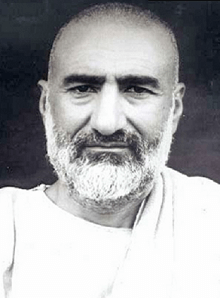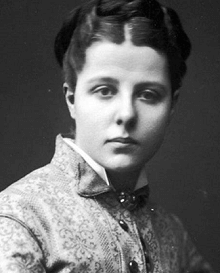Khan Abdul Ghaffar Khan
Prominentwriter · 8 months ago
Khan Abdul Ghaffar Khan was a political and spiritual leader from the North-West Frontier Province of India, now known as Khyber Pakhtunkhwa, Pakistan. He was born on February 6, 1890, in the village of Utmanzai in the Charsadda district, North-West Frontier Province, British India. His father, Bahram Khan, was a landowner and a chief in the Afridi tribe, while his mother, Roshanai, was a housewife.
Khan Abdul Ghaffar Khan received his early education in a mosque and then studied at Aligarh Muslim University. Mahatma Gandhi's non-violent movement inspired him, and he became a close ally of the Indian National Congress during the Indian Independence movement. He founded the Khudai Khidmatgar ("Servants of God") movement, a non-violent resistance movement against the British Empire.
Khan Abdul Ghaffar Khan was known as the "Frontier Gandhi" due to his close association with Mahatma Gandhi and his non-violent philosophy. He played a key role in the Indian independence movement and was imprisoned by the British multiple times. He spent more than 30 years in jail in India and Pakistan.
After India's independence in 1947, Khan Abdul Ghaffar Khan became an important figure in the politics of Pakistan. He strongly advocated Pashtun autonomy and opposed the country's integration with India. In 1962, he founded the National Awami Party, a major political force in Pakistan.
Khan Abdul Ghaffar Khan died on January 20, 1988, in Peshawar, Pakistan, at 97. Thousands of people attended his funeral, and he was buried in his family's graveyard in Jalalabad, Afghanistan. Despite facing numerous hardships and imprisonment, Khan Abdul Ghaffar Khan never lost his faith in non-violent resistance and remained committed to the cause of freedom and social justice until his last breath.

